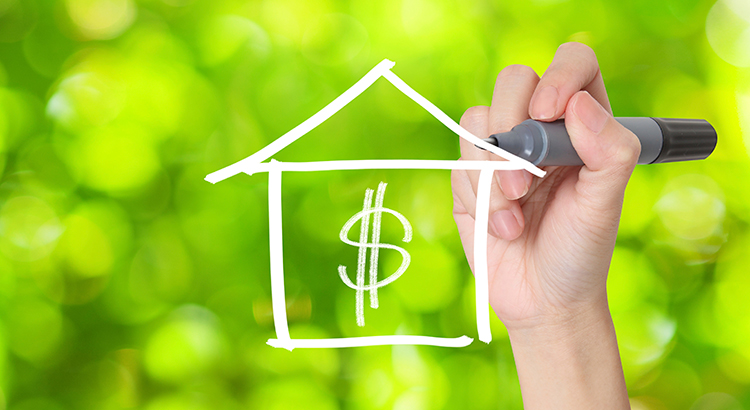Selling a house can be a daunting task, and one of the most important decisions you will make is the asking price. If you price it too high, you risk scaring away potential buyers and having your property sit on the market for too long. Price it too low, and you could leave money on the table. Here are some tips to help you price your home right.
Research the market
One of the first things you should do when trying to determine a price for your home is research the local real estate market. Look at recent sales of similar homes in your area, paying attention to the final selling price and how long each property was on the market. This information will give you an idea of what buyers are willing to pay for homes in your neighborhood.
Consider the condition of your home
The condition of your home can greatly impact its value. Be honest with yourself about the condition of your property and how it compares to other homes in the area. If your home is in need of repairs or updates, you may need to adjust your asking price accordingly.
Evaluate your home’s features
When determining a price for your home, take into consideration any unique features or upgrades it may have. This could include things like a renovated kitchen, a large backyard, or a finished basement. These features can add value to your home and justify a higher asking price.
Consult with a real estate agent
Real estate agents are experts in the local market and can provide valuable insight into pricing your home. They can provide a comparative market analysis (CMA) that takes into account recent sales of similar homes in your area, as well as the condition and features of your home. A CMA can help you determine a fair asking price that will attract buyers while still maximizing your profit.
Be realistic
It’s natural to have an emotional attachment to your home, but it’s important to be realistic about its value in the current market. Keep in mind that the asking price should be based on objective factors, not your personal feelings. If your home has been on the market for a while without any interest, you may need to adjust your price to better reflect its value.
Don’t forget about closing costs
When pricing your home, don’t forget about the costs associated with selling it. This includes things like real estate agent commissions, attorney fees, and transfer taxes. Make sure to factor in these costs when determining your asking price so that you don’t end up with less money than you anticipated.
Price competitively
Pricing your home competitively can help generate interest and multiple offers. If your home is priced too high, buyers may overlook it in favor of more affordable options. On the other hand, pricing it too low can result in a bidding war that drives up the final sale price. Work with your real estate agent to determine a fair asking price that is competitive with other homes on the market.
Consider the time of year
The time of year can also impact the price of your home. Spring and summer are typically the busiest times for the real estate market, which can result in higher prices due to increased demand. On the other hand, selling your home in the fall or winter may result in a lower asking price due to decreased demand. Keep this in mind when determining the best time to sell your home.
Stay up-to-date on market trends
The real estate market is constantly changing, so it’s important to stay up-to-date on the latest trends and conditions. Keep an eye on the news and talk to your real estate agent about any changes that may impact the value of your home. This will help you make informed decisions when pricing your home and ensure that you are getting the best possible price.
Be open to negotiation
Finally, When pricing your home, it’s important to be open to negotiation. Buyers may make offers below your asking price, but that doesn’t mean you have to accept them. Work with your real estate agent to determine a fair counteroffer that takes into account the buyer’s offer, market conditions, and the condition of your home.
In addition to being open to negotiation, it’s also important to be flexible with your pricing strategy. If your home has been on the market for a while without any interest, you may need to adjust your asking price to attract buyers. Similarly, if you receive multiple offers, you may want to consider raising your asking price to take advantage of the competition.
In conclusion, pricing your home right is a critical part of the selling process. By researching the market, evaluating the condition and features of your home, consulting with a real estate agent, and staying up-to-date on market trends, you can determine a fair asking price that will attract buyers while still maximizing your profit. And by being open to negotiation and flexible with your pricing strategy, you can increase your chances of a successful sale.

